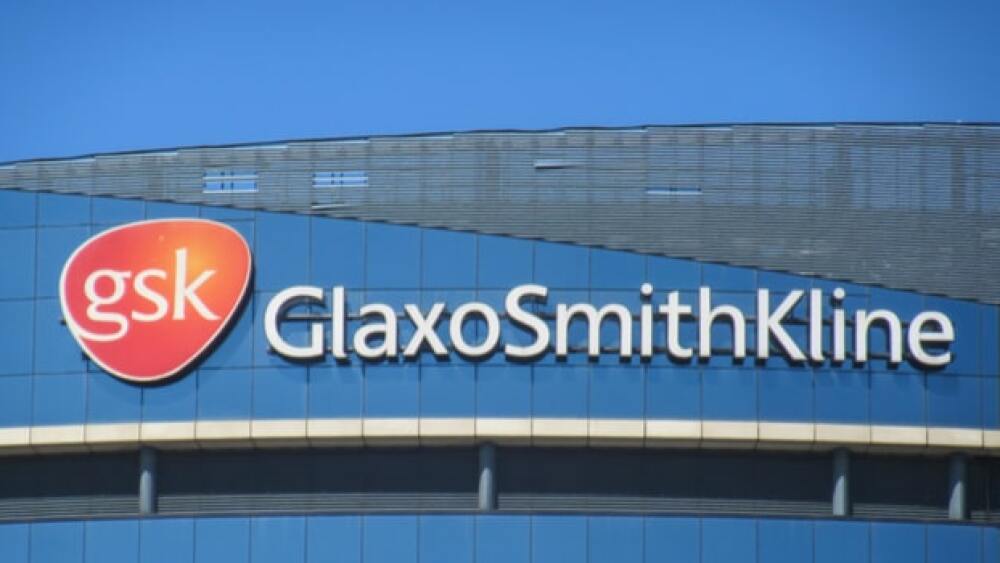GSK reported positive headline data from a pre-specified efficacy interim analysis of the Phase III trial of its RSV vaccine.
Willy Barton/Shutterstock
The hunt for an effective vaccine against the respiratory syncytial virus (RSV) may be at an inflection point. GlaxoSmithKline reported positive headline data Friday from a pre-specified efficacy interim analysis of the Phase III trial of its RSV vaccine.
The study was designed to test the efficacy of a single dose of the vaccine in adults 60 years and older. There were about 25,000 participants in 17 countries. It is part of GSK’s comprehensive RSV evidence generation program. In a parallel trial, AReSVi 004, the vaccine induced strong humoral and cellular immune responses. That immunity remained above pre-vaccination levels up to at least six months after the post-vaccination readout.
“These data suggest our RSV vaccine candidate offers exceptional protection for older adults from the serious consequences of RSV infection,” Dr. Hal Barron, M.D., GSK’s chief scientific officer and president of R&D said. “RSV remains one of the few major infectious diseases without a vaccine, and these data have the potential to meaningfully impact the treatment of RSV and may reduce the 360,000 hospitalizations and more than 24,000 deaths worldwide each year. Given the importance of these data, we plan to engage with regulators immediately and anticipate regulatory submissions in the second half of 2022.”
The RSV OA vaccine includes a recombinant subunit prefusion RSV F glycoprotein antigen (RSVPreF3) combined with the company’s proprietary AS01 adjuvant. AS01 is used with several of the company’s other vaccines on the market. It contains Agenus’ proprietary QS-21 STIMULON within the AS01 adjuvant. The AS01 adjuvant is used in GSK’s Shingrix shingles vaccine and malaria vaccine, Mosquirix.
“The need for vaccines offering long-lasting efficacy and scalable production processes has been amplified by the current pandemic,” Agenus CEO Dr. Garo H. Armen, M.D. said. “The effectiveness and durability of vaccines containing QS-21 STIMULON has been demonstrated in Shringrix, with best-in-class protection exceeding nine years. Our subsidiary, SaponiQx, is developing a proprietary plant cell culture manufacturing process designed to enable broader use of QS-21 STIMULON through a sustainable, eco-friendly production method scalable to address pandemic and other vaccine needs.”
RSV is a common viral disease of the lungs and breathing passages. Older adults are at high risk for severe illness because of an age-related drop in immunity and an increase in underlying conditions. The disease can worsen various other disorders, including chronic obstructive pulmonary disease (COPD), asthma and chronic heart failure. It can also lead to pneumonia, hospitalization and death. The World Health Organization cites 64 million infections and 160,000 deaths yearly from RSV.
Many biopharma industries are working on their own RSV vaccine, including Pfizer, Johnson & Johnson, Sanofi, AstraZeneca, Moderna and Novavax.
The RSV vaccines market is projected to hit $4.2 billion by 2027, with a CAGR of 14.9% between 2021 and 2027. Some sources, such as SVB Leerink, project an even larger market to run around $10 billion by 2030.
Pfizer, also in the hunt for an RSV vaccine, announced Thursday that it had completed its acquisition of ReViral. ReViral is developing antiviral therapeutics against RSV. Part of its portfolio includes sisunatovir, an oral viral inhibitor that blocks fusion of the RSV virus to the host cell. The drug has been granted Fast Track designation by the U.S. Food and Drug Administration. In a Phase II trial, the drug significantly decreased viral load in healthy adults. The drug is also in a Phase II study in infants. The second program in Phase I focuses on inhibiting RSV replication by targeting the viral N protein.
Dr. Mikael Dolsten, M.D., Ph.D., chief scientific officer and president, worldwide research, development and medical at Pfizer, stated, “We believe these therapeutic candidates — and the scientific expertise that has advanced their development — will complement our ongoing work to help combat RSV infections, and we look forward to welcoming our new colleagues to further support these endeavors.”





